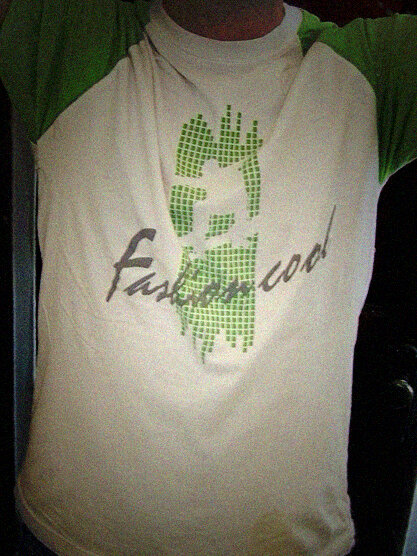Crank Sturgeon: junk sound, faux pas, actionist ethos (act-shun pathos), fisch kopf psychedelia, non-art-performance-art, nothing too serious (and yet serious enough to keep doing it). Crank Sturgeon has been active in the wayward wandering peripheries of noise and performance art since 1992. Combining the foundations set forth by the Dadaists, Joseph Beuys, and Allan Kaprow, Crank has giddily blurred the lines of quasi-art lecture/presentation with a circus of high volume, irreverent pun, and punk sensibility. Whether just a solo voice and spontaneous poetry; or armed with an array of busted guitars, contact microphones, and the essential scrappy costume in tow, the show desires to connect sonic expression and visual distortion with athletics of the absurd: the cause and effect becoming simultaneously caustic and celebratory. Wriggling, combustible, sweaty, and delirious, in matters of fishnoise and man. And Lineland?
Shortly after moving to Queens in 1998, Malcolm Felder borrowed his roommate’s digital four-track and began recording whatever sounds he could make with some old synths and a memory-man pedal. After a while he got a little impatient with mini discs and decided to move the recordings to a computer. He employed his friend Adam to help him build a pc that they mounted inside of an old Dynavox record player. With this development, all the pieces were in place, and Lineland was born. He got the name from the one dimensional realm in the book, Flatland, by Edwin A. Abbott. He compiled a bunch of the songs onto a cd and gave copies to all his friends. Eventually, one of the cds got into the hands of Eric from Audio Dregs, who thought it would be a fine idea to make a proper release of it. In 2003, “Pavilion” was released. But where did their collaboration begin?
Crank, having retreated to Maine where he continues to experiment with sound and performance, and Malcolm having moved to Chicago where he continues to experiment with sound in a more intimate setting, the two decided to merge their particular aesthetics, Felder to take Crank’s dissonance and run it through his matrix of melody much as Charlie Chaplin was in that famous scene from Modern Times, to process the raw and elusive power that Sturgeon emits with the help of his various noisemakers and bring it to a new life, something sinuous and light perhaps, but a new thing is neither the one or the other, but beyond.


































